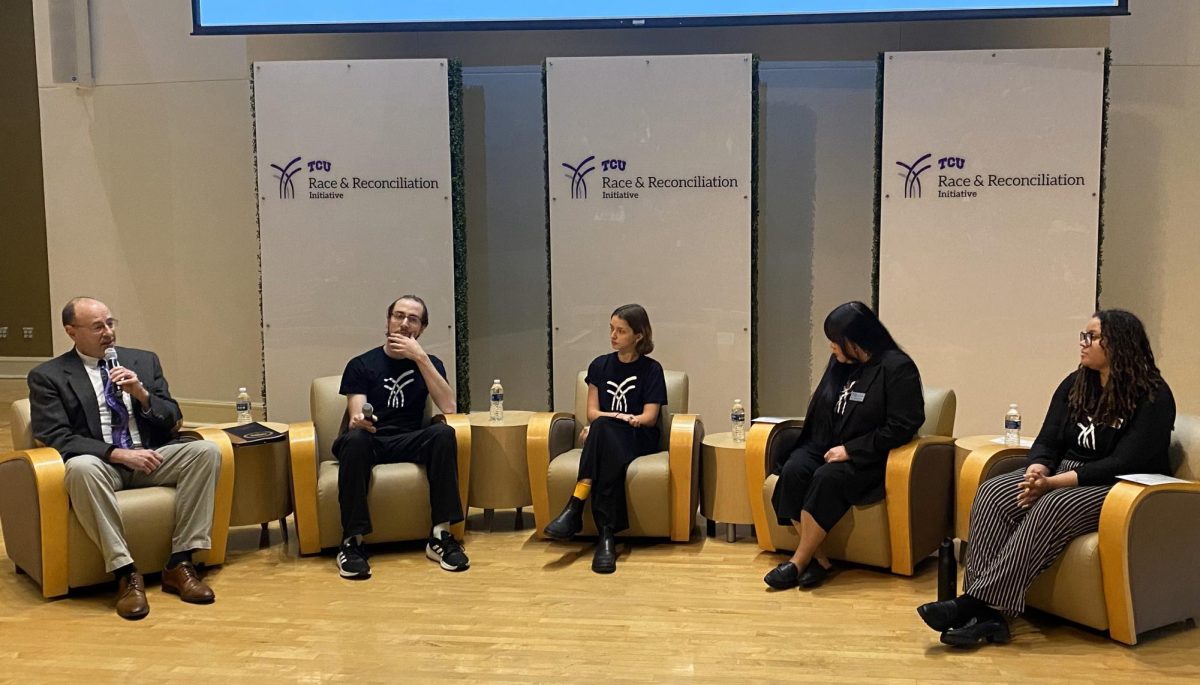When asked at his inaugural press conference to comment on the Congressional Budget Office’s prediction that repealing the health care overhaul would expand the deficit by $230 billion, Speaker of the House John Boehner curtly replied, “[The] CBO is entitled to their opinion.”
With this suggestion that the CBO’s guess is as good as any, Boehner went on to discuss the Republicans’ own predictions from their report entitled, “Obamacare: A Budget-Busting, Job-Killing Health Care Law.” It appears now that arguing the economic effects of Obamacare is just a matter of which think-tank political parties obtain their information from.
Among the sources cited in that report commissioned by Republicans to counter the CBO analysis is the National Federation of Independent Business, which projects that 1.6 million jobs could be lost between 2009 and 2014 as a result of health care overhaul. This study, however, was based on a hypothetical employer mandate that bears little resemblance to what was actually passed, as a recent article entitled “A Job-Killing Law?” on FactCheck.org points out.
Furthermore, the NFIB is not a neutral source. The federation co-sponsored an ad with the U.S. Chamber of Commerce criticizing health care legislation in 2009 and is currently backing repeal of the new law.
Another independent study was done by The Lewin Group, a national health care and human services consulting firm. Their analysis shows 150,000 to 300,000 jobs lost, all minimum-wage or near minimum-wage positions. This does not account for increases in jobs in other sectors, though.
All in all, senior vice president and health care expert John Sheils told factcheck.org that he estimates a “small net job loss.” This study is not mentioned in the Republicans report. In fact, factcheck.org asked Sheils if he knew of any other nonpartisan figures on the law’s impact on jobs besides the CBO’s estimate, and he said he did not.
While Republicans are also entitled to their opinion, these “Budget-Busting, Job Killing” claims raise suspicion. What is striking about Boehner’s response noted at the beginning of this article is that he is dismissing the very institution that Republican National Committee Chairman Michael Steele cited favorably eight times in his speech arguing against health care just last July.
Now that the CBO’s re-evaluation of health care contains unfavorable information for the Republicans, the CBO itself has apparently become an unfavorable source.
Given how serious Republicans say they are about cutting the deficit and fixing the economy, the misleading claims made in their report suggest that the health care debate has little to do with what effect it will have on the economy. This does not surprise me as many Republican politicians disagree with universal health care on principle alone.
Many might also point out that misleading claims regarding health care are not unique to just one party and rightly so. But this only strengthens the point.
Andrew Mabry is a senior political science major from Southlake.




